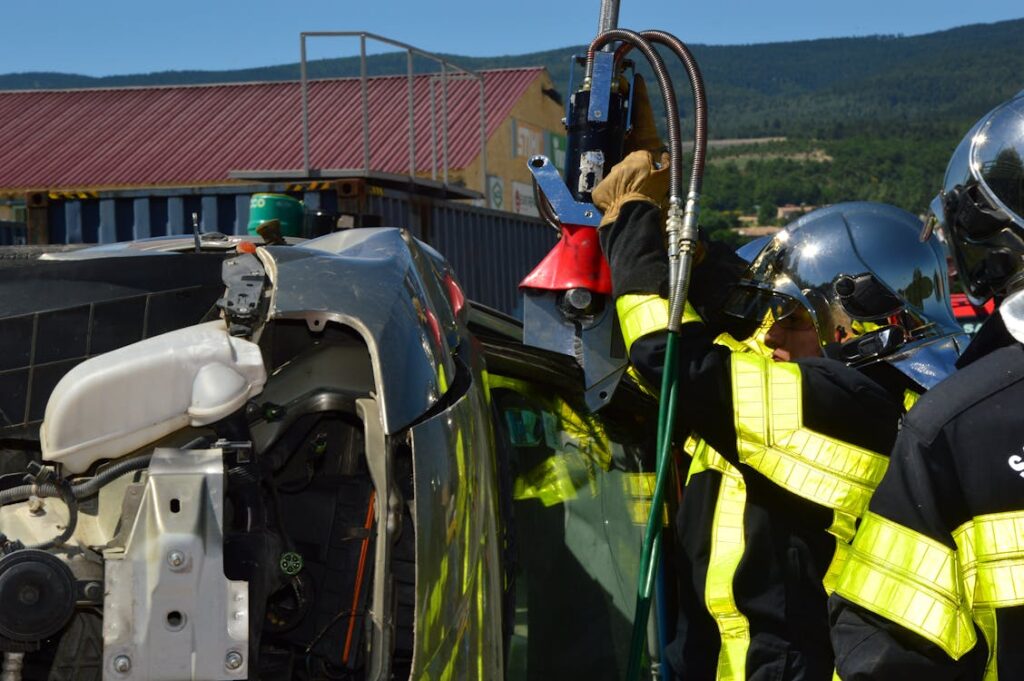There were 6.1 million police-reported motor vehicle crashes in 2021, which caused the death of 42,939 people and injured 2.4 million more. When it comes to proving fault and obtaining compensation after a car accident, having solid evidence to support your case is crucial. Certain types of evidence carry more weight than others when determining liability and damages. Here are some of the key pieces of evidence to gather if you are considering filing a car accident lawsuit:

Police Report
One of the most valuable pieces of evidence is the official police report from the accident scene. Police reports contain important details about how the crash occurred, statements from witnesses, determination of fault, citations issued, injuries sustained, and more. You may receive a citation up to 7 days after a car accident if the police on the scene think you were at fault.
Photographs
Photographs of the accident scene, vehicles, injuries, and property damage are extremely useful for vividly capturing important evidence. Take photos from multiple angles showing skid marks, dents, smashed glass, collisions points, and overall wreckage.
Video Footage
The dashcam market is worth $3,541.3 million, and a third of drivers who plan to buy a new car want to fit a dashcam. Video recordings of the accident provide powerful, irrefutable evidence. Security cameras, smart phone videos, dashboard cameras or footage from nearby businesses may have captured the collision. Video evidence can settle disputes over fault and may reveal critical details not contained in the police report or witnesses’ statements.
Medical Records
Keep diligent records of all medical treatments related to your car accident injuries. This includes doctor and hospital bills, diagnostic test results, therapy prescriptions, records of surgeries and more. Meticulous documentation shows the extent of your injuries, treatment costs and prognosis over time. Presenting incomplete medical records can hurt your case. Maintain and organize your files so your attorney can access them easily.
Witness Statements
Eyewitness accounts help to corroborate your version of the crash. Written or recorded statements should note exactly where the witness was located, what they saw transpire, key details about the vehicles and drivers, any alarming behaviors and the aftermath.
Expert Testimony
In complex car accident cases involving defective auto parts (which happens in 2% of auto accidents), mechanical failures, road hazards, or reconstruction disputes, expert testimony may be needed to prove liability. Accident reconstruction experts, engineers and other specialists can provide scientific analysis and key opinions based on the factual evidence. Their testimony explains technical evidence to help prove your case. Their credibility and expertise must withstand up to vigorous cross-examination in court.
Document Everything
When you are involved in a car accident lawsuit, you need to meticulously document every detail that could potentially impact your case. Apart from physical evidence, keep thorough records of all conversations, correspondence and events related to the case. Augusta car accident attorneys suggest saving emails, texts, letters, notes and a diary log. Leaving out seemingly minor details could make you appear less credible. Maintain meticulous records from the outset through the conclusion of your case.
Gathering rock-solid evidence is the key to succeeding in your car accident claim or lawsuit. With persuasive evidence on your side, you can pursue the maximum compensation you deserve.
